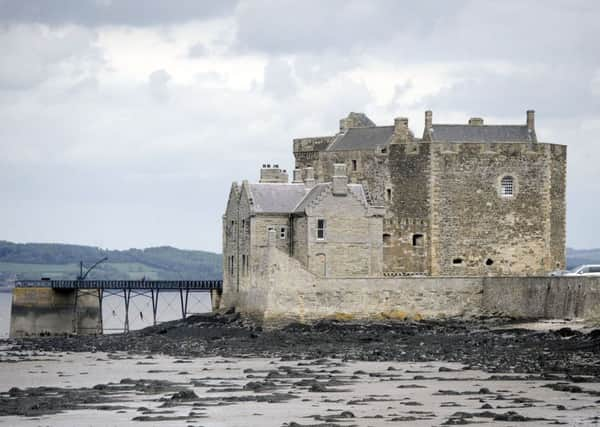Leader comment: Tourist tax trial could settle debate


Scotland appears to be edging closer to the introduction of a “tourist tax” on hotel rooms.
Cash-strapped councils, who have been forced to make swingeing cuts to services in recent years, are understandably eager to find new ways of bringing in extra revenue. And while the Scottish Government has resisted the idea, council leaders now believe ministers are starting to come round to it.
Advertisement
Hide AdAdvertisement
Hide AdSuch levies are commonplace in much of the rest of the world so would not be a surprise to many visitors and a small nightly charge could raise millions for some local authorities, with Edinburgh potentially in line for some £11 million a year. However, increasing the cost of anything means people are less likely to buy it, so the tourist industry – a vital sector for Scotland – has expressed alarm at plans being drawn up by some councils. And comparisons with other parts of the world are also complicated by different rates of VAT.
As with most issues, a careful balance must be struck. Labour and the Liberal Democrats support the introduction of the “Transient Visitor Tax”, while Cosla’s resources spokeswoman Gail McGregor, a Conservative, said yesterday that her party was “sympathetic” to allowing councils to raise their own revenues. If a levy of a pound or two a night can be introduced without reducing the number of visitors, it would appear to be a reasonable step. Some politicians, from across the political spectrum, have described it as a “no-brainer”.
If the money raised goes to councils, it could be used to improve facilities for the benefit of locals and tourists alike. Wisely spent, it might even increase tourism.
However, the Scottish Government could simply decide to reduce its contribution to council coffers by the same amount as the tourist tax revenue, with the money then lost in its considerably larger budget. So councils considering the idea would need reassurances from Holyrood before proceeding.
It might be sensible to allow a trial in one council area. That would give a real-life indication of whether the market will bear a slightly higher price for the pleasure of visiting this country.
Scotland is blessed with beautiful scenery and a colourful history that puts it on the global tourist map. If we can use that to ease the current austerity, all well and good, but we must take care not to kill the goose that lays a golden egg for us all.
